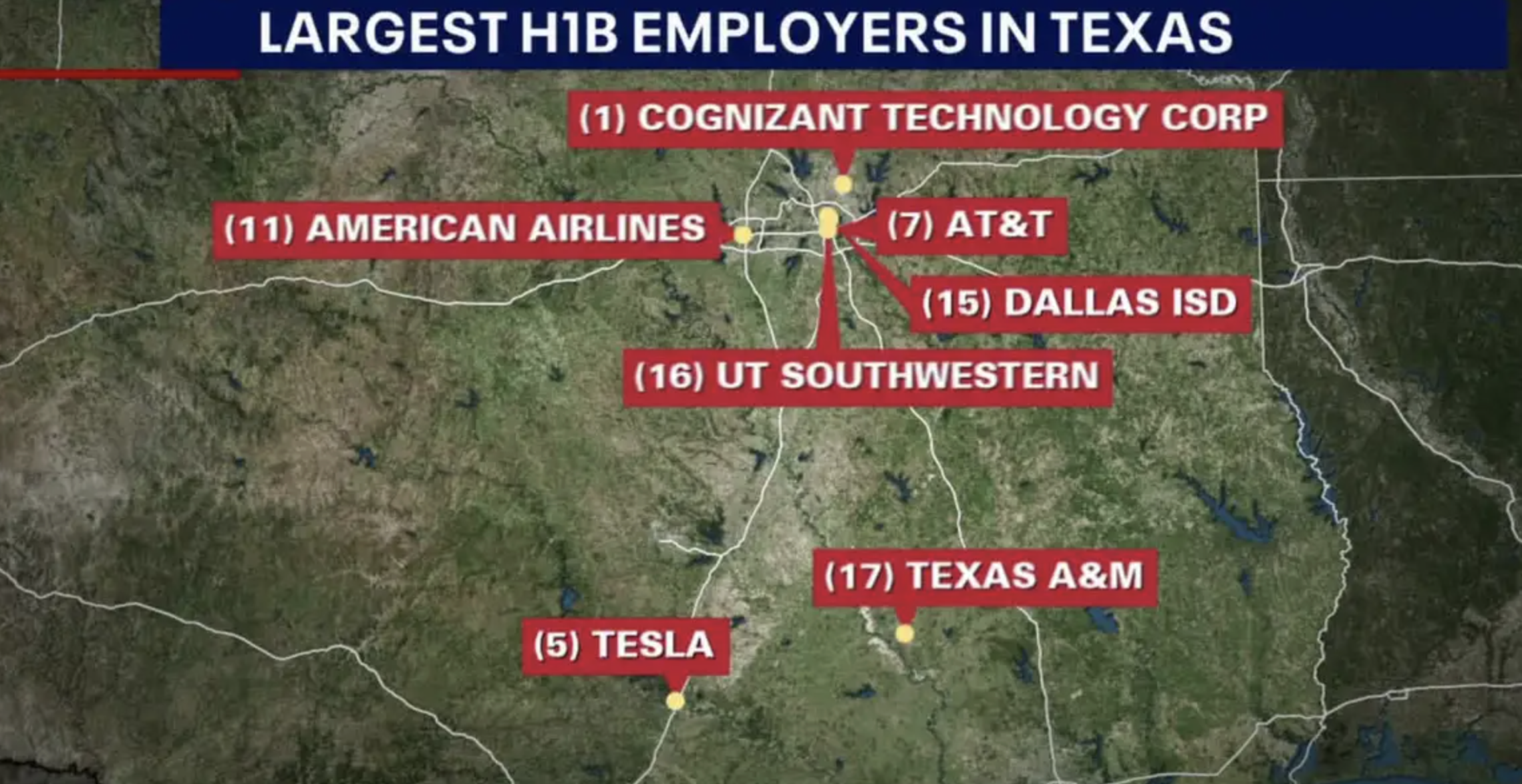The tech giant Microsoft is currently occupied in the cracking down on Bing-powered search engines that are using the search data to power their AI chatbots.

As per the report, two unnamed search engines have been informed by the tech giant that the access to the data shall be restricted if they keep to using the Bing’s search data with their AI tools.
Microsoft Informs Search Engines Over Access to Data
This is done in the light of keeping the search data exclusive to Bing’s chatbot, which is powered by OpenAI’s GPT-4 language model. This model can answer questions, create summaries, generate code, and write social media posts.
Several search engines like DuckDuckGo, Yahoo, and You.com are using the Bing’s search data as per Microsoft license. However, Microsoft has drawn a line when it comes to the use of its data in AI chatbots, which it views as a violation of its contract.
As per a bird, upon the misuse of this information by the search engines, Microsoft would even choose to terminate its agreements.
Thought, at the very moment, it is unclear which search engines Bloomberg is referring to in its report, however, it is worth noting that the DuckDuckGo recently launched a tool called DuckAssist that provides AI-generated summaries for certain searches, while You.com and Neeva both offer AI-powered tools that generate annotated summaries and provide answers to users’ questions.
If the tech giant decides to restrict Bing’s search data for use in AI chatbots, it could eventually impact the functionality and capabilities of these search engines’ chatbots.
Now this crackdown by Microsoft is significant if not historic, as it highlights the increasing importance of AI chatbots in the search engine landscape.
Growing Demand for Access to High-quality Search Data
With more companies like Google introducing their own takes on OpenAI’s ChatGPT chatbot, there is a growing demand for access to high-quality search data to power these tools.
And since Microsoft seeks to make its chatbot stand out in a crowded marketplace, its decision to restrict access to its search data could potentially put it at a competitive advantage.
This move would not just affect Microsoft and related search engines, but this would rather affect a much wider AI industry. However, what remains to be seen is how the situation will unravel, but it underscores the importance of access to high-quality data in the development of AI technologies.













